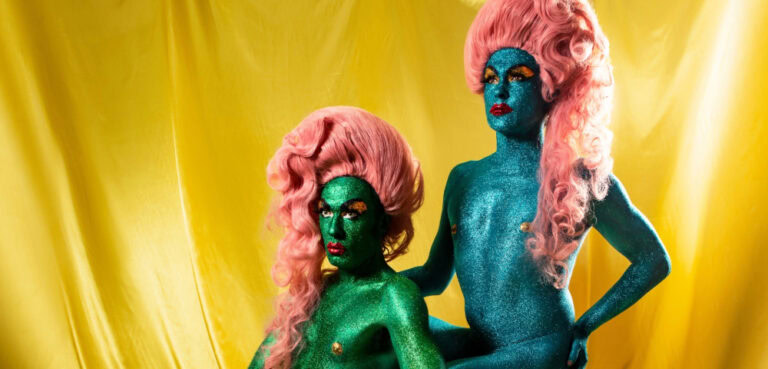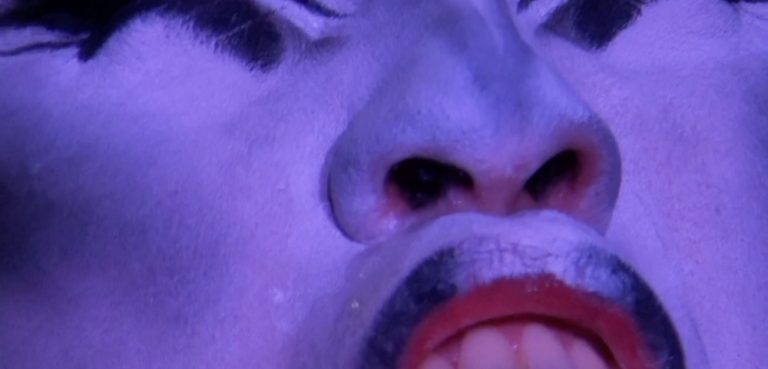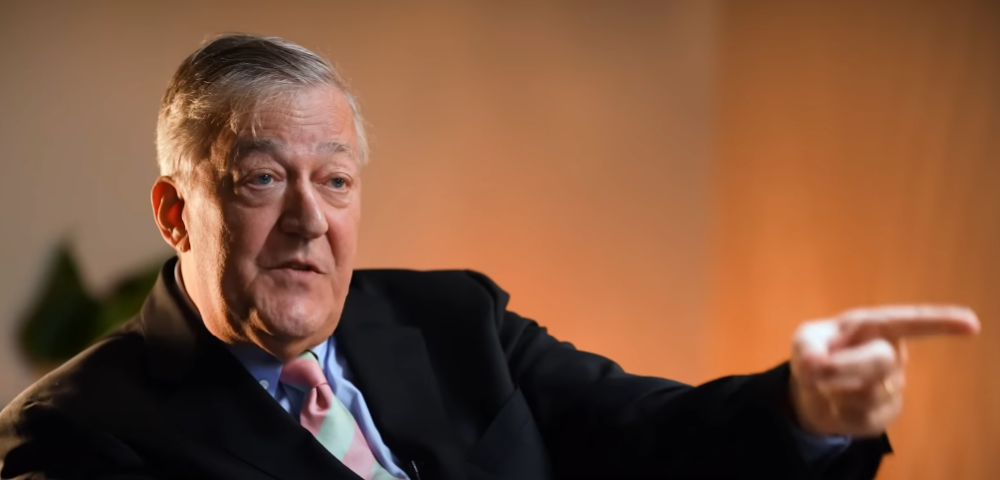
Australia’s 2021 Census Counts Around 24,000 Gay Marriages Since 2017
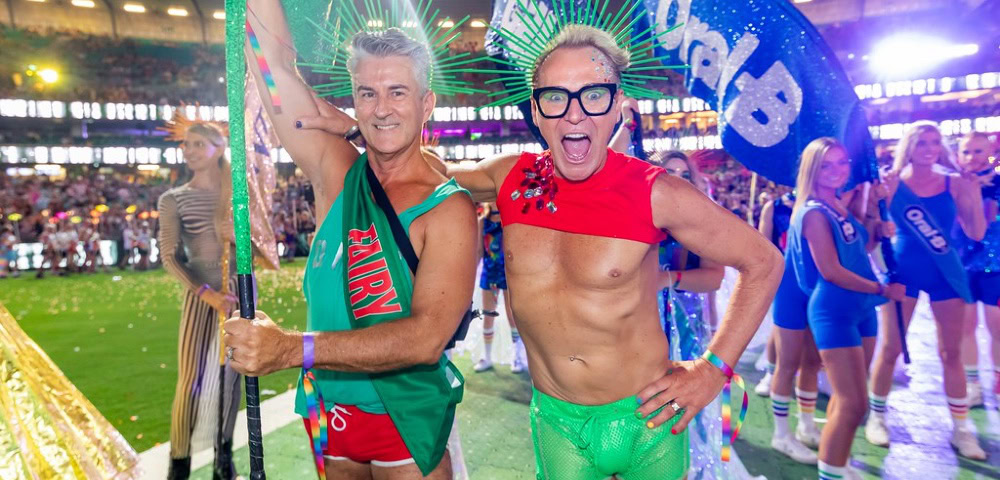
Around five years after Australia legalised same-sex marriages in 2017, nearly 24,000 gay marriages were counted in the 2021 Census, the Australian Bureau of Statistics has reported.
The first round of 2021 Census data released on Tuesday had sparse details about LGBTQI Australians. The former Scott Morrison government had ignored calls by LGBTQI organisations to collect data about sex, gender, sexual orientation and variations of sex characteristics in the 2021 Census.
Advocacy groups have now called on the newly elected Anthony Albanese government to follow the lead of New Zealand, Canada and UK and count LGBTQI people in the 2026 census.
Census Leaves Out LGBTQI Australians

“The release of census data gives us fascinating insights into the diversity of the Australian community – what we believe, what language we speak at home, rates of chronic disease, and other key demographic data that will inform crucial decisions about what services are provided to communities, and where,” Anna Brown, CEO of Equality Australia, said in a statement.
“But once again, lesbian, gay, bi+, transgender, intersex and queer people are not properly represented in the census data, because the ABS and the minister responsible at the time failed to ensure much-needed questions about sexual orientation, gender identity or variations in sex characteristics were asked or asked properly.”
“Until we’re counted, we’ll remain invisible. That’s why – with the first release of 2021 census data – our communities are coming together again to say that it’s time for the Census to stop leaving LGBTIQ+ people out, and count us in,” said Brown.
Australian Families Are Changing
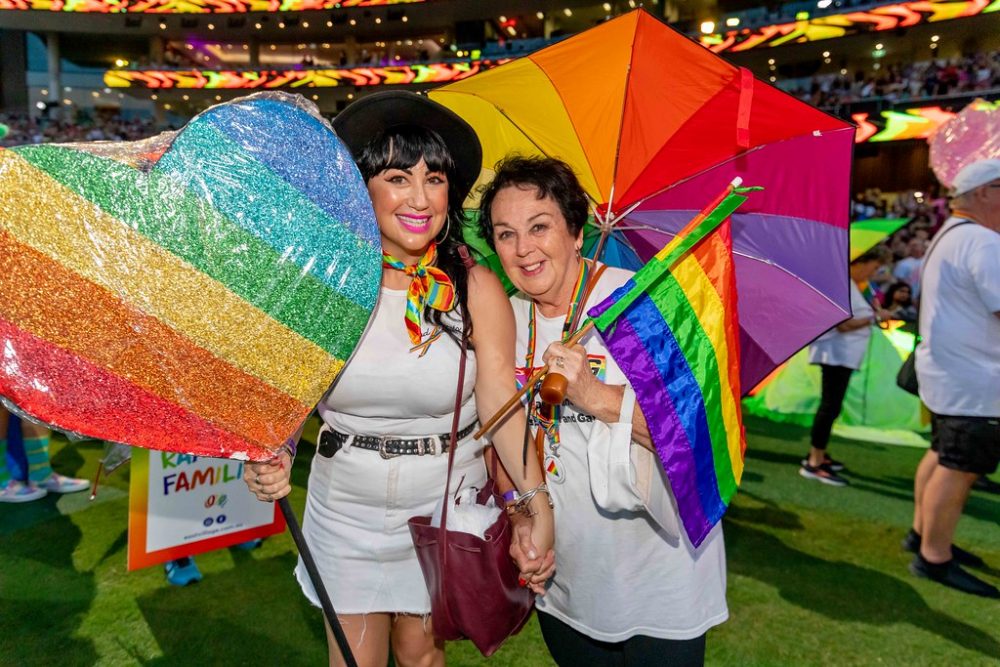
According to Australian Statistician Dr David Gruen, the 2021 Census data “provides a fascinating glimpse into the structure and changing profile of Australian families.” The 2021 census counted over 5.5 million couple families. Around 46.5 per cent of Australians over the age of 15 or around 9,665,708 were in a registered marriage.
“Following the 2017 amendments to the Marriage Act 1961, which enabled marriage equality, nearly 25,000 same sex marriages (23,914) were counted in the 2021 Census,” the ABS stated. In 2020, around 3.7 per cent of all marriages registered in Australia, were gay marriages.
The details released on Tuesday did not have information about same-sex couples who are not married to each other or LGBTQI people who were not in a same-sex relationship.
The ABS reported around 10,2015 same sex couples, many of whom were in a de facto relationship, in 1996 – the first time the agency collected data on gay couples. The 2001 Census recorded 19, 594 same sex couples in Australia, which grew to 33,700 in the 2011 Census and 46,800 same-sex couples in the 2016 census.
Census Failed To Count Trans, Intersex and Gender Diverse Population
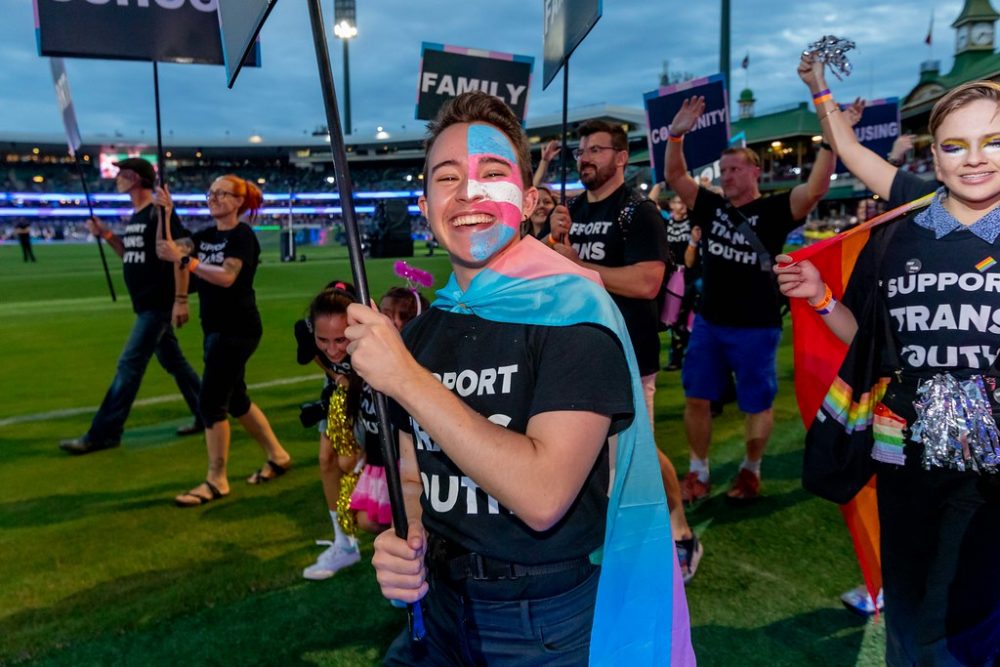
The 2021 Census for the first time had the option of choosing non-binary as a sex marker for people who did not identify as male or female. However, according to community organsiations “the language was confusing, conflated the trans and intersex population, and failed to count most trans people who identify as simply male or female.”
“The Census seriously let down transgender, gender diverse and intersex people. It failed to ask questions that captured our true diversity, rendering most transgender and intersex people invisible or unable to accurately answer questions in the Census which made assumptions about gender,” said Brown.
“LGBTIQ+ Australia was left with a sour taste in its mouth after being deliberately left us out of the 2021 Census. In 2026, we shouldn’t have to get married to be counted properly, or be asked ill-fitting questions about who we are or our families,” added Brown.
Around 8 Million Australians Have A Long-Term Health Condition
The ABS data released on Tuesday for the first time recorded that around 8 million people in Australia had a long-term health condition, including over 2.2 million who reported that they were diagnosed with a long-term mental health condition.
According to Nicky Bath, CEO of LGBTIQ+ Health Australia, if LGBTQI variables had been included in the data, “we would have access to much needed data to assist with planning and where to focus investment in mental health services and in building the capacity of the mental health sector to work with LGBTIQ+ people.”
“We cannot change the past, we can change the future and today I call on the Federal Government to ensure that in 2027 when the data is released from the 2026 Censusthat the Australian Bureau of Statistics, Statistics Standard for Sex, Gender, Variation of Sex Characteristics and Sexual Orientation Variables, 2020 (2020 Standard) is included,” said Bath.


